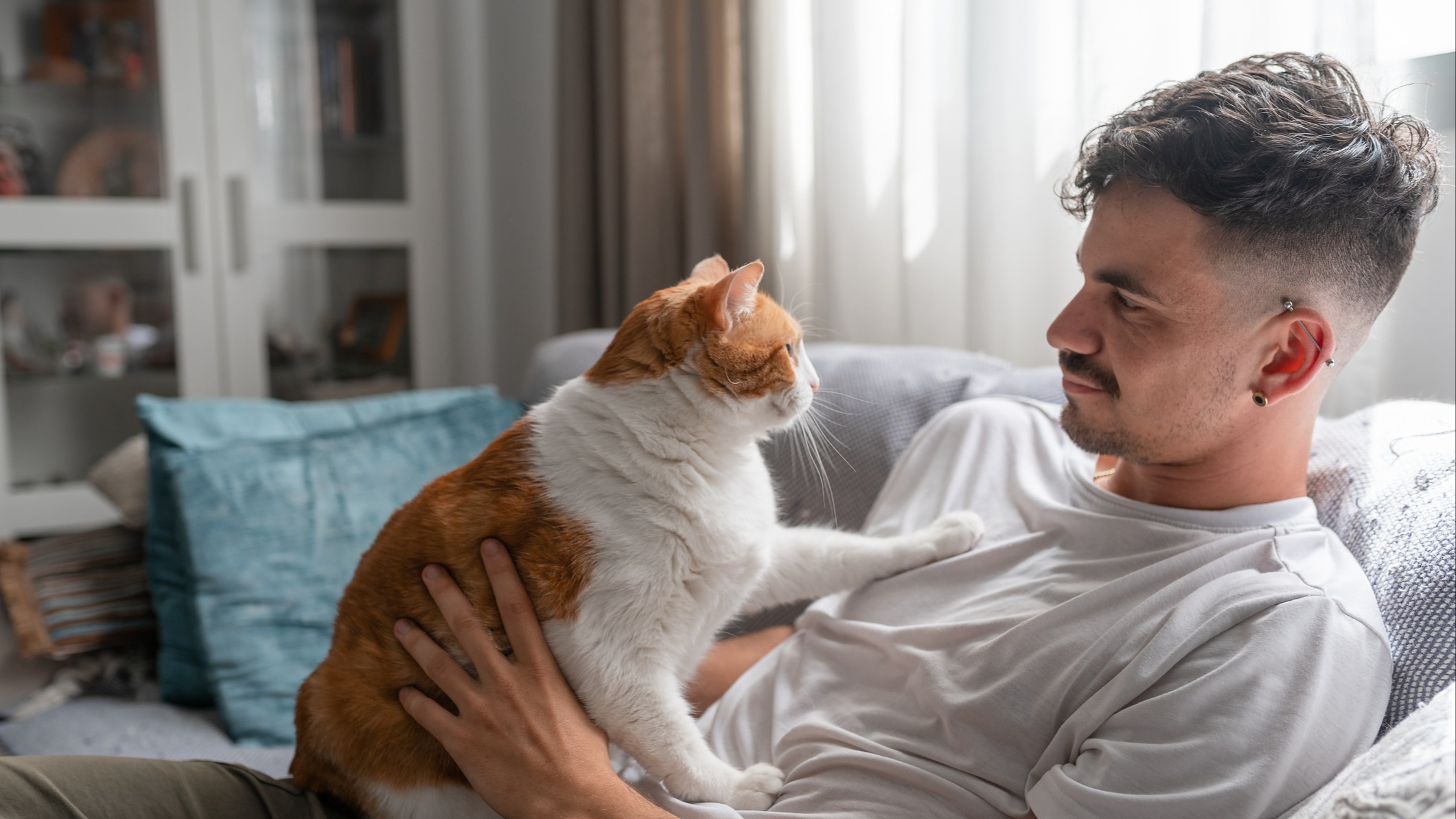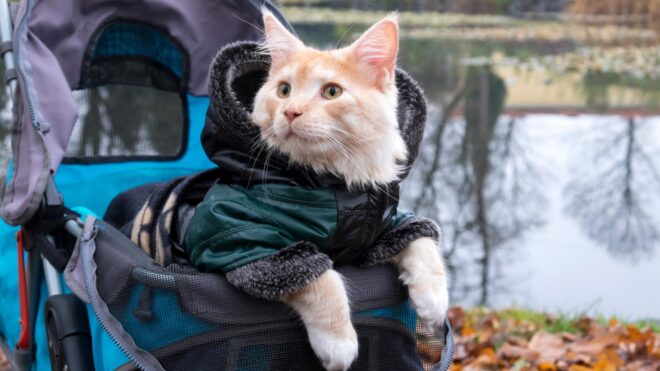
According to a 2022 study, you may be a better pet parent if you tend to have an insecure attachment style. It states that those with attachment styles such as anxious, avoidant-dismissive, or disorganized seemingly have strong bonds with their pets. The study's lead author Johanna Lass‑Hennemann and her coauthors collected their findings through an online survey of 610 German dog parents.
Most of the survey takers were women. The participants were asked to complete an assessment gauging the intensity of attachment to their dogs, an assessment of their interpersonal attachment style, and a request for relevant mental health information.
The study findings showed that participants who were more attached to their dogs had a greater tendency to find humans less trustworthy and had a greater fear of being rejected by them, leading to an insecure attachment style. They also reported more symptoms of mental health challenges.
While the causes on show correlation and not causation, once could assume that it's likely that because these participants found it difficult to navigate relationships with people, they turned to animals instead to fulfill their emotional needs. But that doesn't mean pets are causing insecure attachment styles.
More From LittleThings: Here Are Some Of The Top Female Dog Names For 2024
“Thus, from a developmental perspective the link between an insecure attachment to humans and stronger emotional attachment to pets might reflect a compensatory attachment strategy for people who were not able to establish secure relationships to other people during childhood,” the authors wrote. “Those people may build more close relationships with pets that might be perceived as more reliable and less threatening.”
Another 2022 study found that human parenting styles can affect the attachment styles of dogs. Researchers Lauren Brubaker and Monique Udell at Oregon State University found that parenting style can predict dog behavior and cognition.
They hypothesized that pet parents with an avoidant attachment style might be less responsive to a dog’s needs and less inclined to give them a feeling of security when needed. Because of that parenting style, the dog could end up developing an insecure attachment style, as well as separation anxiety.







